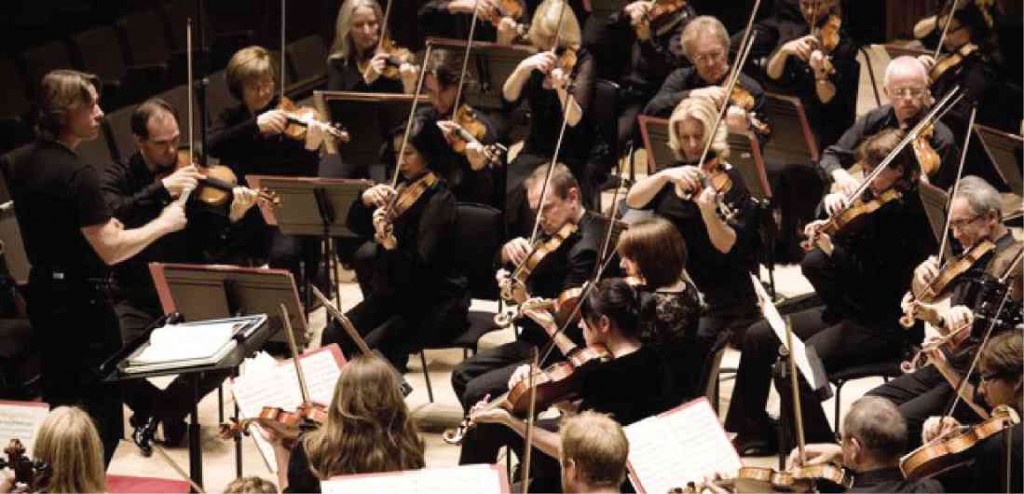Daily 10-minute musical dose can help lower BP, prevent stroke–study

STRESS can play a role in cardiovascular disease so the calming effect of music, especially those classical compositions, may have some therapeutic potential.
Will cardiologists prescribe a dose of Giacomo Puccini’s “Nessun Dorma” or three minutes of Taylor Swift twice a day?
Very soon, doctors may in fact, prescribe music to beat heart disease after a recent study suggests that hearing a repeated 10-second rhythm found in various classical music compositions, particularly by Giuseppe Verdi (“Va Pensiero”), Ludwig van Beethoven (9th Symphony adagio) and Puccini, could lower blood pressure and help prevent heart disease.
The findings of more than 20 years of research was presented by the renowned cardiologist and researcher Prof. Peter Sleight from the University of Oxford during the annual conference of the British Cardiovascular Society (BCS) held in June last year in Manchester.
By contrast, rock and pop music and other classical music had little impact—or was even found to increase heart rate, like when the subjects listened to a recording by the Red Hot Chili Peppers.
Sleight said in his report: “Music is already being used commercially as a calming therapy but this has happened independent of controlled studies into its effectiveness. Our research has provided improved understanding as to how music, particularly certain rhythms, can affect your heart and blood vessels.”
However, he cautioned that further robust studies are needed to reduce skepticism of the real therapeutic role of music.
Dr. Adolfo Bellosillo, founder and president of the Foundation for Lay Education on Heart Disease (FLEHD), said: “Even before this study, the soothing power of music is well-established as it has a unique link to our emotions. Listening to music can have a tremendously relaxing effect on our minds and bodies, especially slow, quiet classical music. This type of music can have a beneficial effect on our physiological functions, slowing the pulse and heart rate, lowering blood pressure, and decreasing the levels of stress hormones.”
Varies widely
Bellosillo, who also heads the Makati Medical Center’s Preventive Cardiology and Cardiac Rehabilitation Unit, explained that musical preference varies widely between individuals, so only the patient can decide what he or she likes and what is suitable for each mood. “This means that even if one doesn’t usually listen to classical music, it may be worth giving it a try when selecting the most calming music,” he said.
It was also Bellosillo who started the idea of putting lectures on cardiovascular health to music in the early 2000s. He explained: “Music, which has become a big part in our lives, has been claimed to have a positive effect on verbal and oral communications, and visual skills. It makes FLEHD lectures more interesting, enjoyable and easily remembered.”
Piped-in music
Bellosillo related that a number of hospitals are already providing piped-in music in their surgical suites, recovery rooms, and intensive and coronary care units where stress levels are high among patients awaiting or recovering from surgical procedures.
“Its effect does not only benefit the patients but also their worried family members, relatives and friends,” said Bellosillo.
He also added that in its quest to be a partner in the drive to reduce cardiovascular morbidity and mortality through public education, FLEHD has also taken steps to propagate the concept of music and the benefits it could provide the heart.
Bellosillo said: “Included in the many genres of the foundation’s educational programs is the holding of semi-concerts featuring opera singers and musically inclined artists belonging to the medical profession. This unique project of the foundation started last July 17 at the College Assurance
Auditorium in Roxas City, Capiz, and was repeated last Oct. 3 at the same venue but with a completely different repertoire of songs.”
Bellosillo said he expects more of this similar endeavor happening in the next few months in other parts of the country.














